









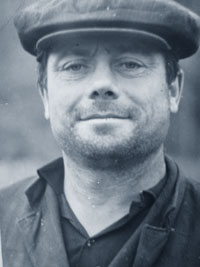 Jakob Jakovlevich Schnaider was born in the hamlet of Grimm (12.000
inhabitants) in 1928. His father – also called Jakob Jakovlevich (as it was
family tradition to give the youngest son the name of his father) was married to
Elisabeth Karlovna Schnaider (of the same family name). They (parents, three
sisters and three bothers) lived in a big house; they owned 4 hectars of arable
farm land, a garden, two cows, a couple of pigs and sheep. Jakob Jakovlevich (son)
had just succeeded to finish the 4th grade of school when they broadcasted
information about the coming deportation, and they were given a period of one
week to get prepared for their trip to Siberia.
Jakob Jakovlevich Schnaider was born in the hamlet of Grimm (12.000
inhabitants) in 1928. His father – also called Jakob Jakovlevich (as it was
family tradition to give the youngest son the name of his father) was married to
Elisabeth Karlovna Schnaider (of the same family name). They (parents, three
sisters and three bothers) lived in a big house; they owned 4 hectars of arable
farm land, a garden, two cows, a couple of pigs and sheep. Jakob Jakovlevich (son)
had just succeeded to finish the 4th grade of school when they broadcasted
information about the coming deportation, and they were given a period of one
week to get prepared for their trip to Siberia.
Jakob Jakovlevich was 13 years old at that time.
At first they went by truck, afterwards by barge all the way up to Saratov. The family was forced to leave behind their farmstead and cattle (for which they received a receipt) – except for the pigs: they butchered them in time before leaving, poured fat over the meat to preserve it. „We packed a few garments and some other belongings, then we had to board the train and set off – for Siberia“.
Inside the wagons they lay down to sleep on their boxes and bundles, but they were fed quite well (mainly soup with pieces of meat in it). One wagon was reserved for the escort guards. There were no toilets on the train, so that they made several stops on their way. Finally they reached the city of Krasnoyarsk, where they were handed out a dry ration (fish and bread). Then they continued their trip to Yeniseisk by steam ship.
Having arrived in Yeniseisk (on the 19th of September) the Schnaider family, together with some other Volga Germans, was sent to the hamlet of Marilovtsevo, to a kolkhoz farm named „Dawn of communism“. The head of the kolkhoz, Kuchin, received the re-settlers in a very human and cordial way. He left his spacious apartment to them by moving into a smaller one himself; during the first time he even supplied the family with potatoes. In exchange for the cows they had left behind in Grimm, they received two new ones; unfortunately, sheep were not being bred here, and in order to compensate the animals lost during their expulsion, they were simply handed out money. On the kolkhoz farm they harrowed by means of cows; they mowed, harvested, sowed – everything was done by hand, for there were not enough technical facilities available. Only in 1946, after war, Jakob Jakovlevich, having trained as tractor driver, was allotted a tractor driven by gas – it worked by fuel wood. About that time died his mother, and a stepmother became part of the family very soon. This fact started to keep the 17-year old boy away from home; he fell in love with a Russian girl.
Anna was 18 years old at that time and lived in an apartment of her own. Jakob Jakovlevich took no notice of his family’s disapproval; he visited the girl and finally stayed with her forever. They have 7 children. In 1950 Jakob Jakovlevich received a new tractor – a DT-54, and in 1955 he was assigned leader of his brigade. After 30 years of diligent labor, having received 4 awards, Jakob Jakovlevich went on pension; however, even then, he was unwilling to twiddle his thumbs, but every now and then took casual jobs with the mill. Gradually the farmsteads in Marilovtsevo went rack and ruin. Now he and his wife live in Yenisseisk. Contrary to his relatives he did not leave the country for Germany, for his wife is Russian, after all, and the children … Jakob Jakovlevich believes: „What kind of a German am I? I have a Russian wife, my children are Russians, hence I am Russian, too“. He does not have any regrets with regard to his life, and about the past he says: „What can we do, everybody had a hard life then, and the Russian locals suffered from hunger, as well… Hunger was an attribute of that time“. While I was talking to J.J., I could not sound out any hurt, affliction or anger. He is an utterly positive person.
Maria Shubina
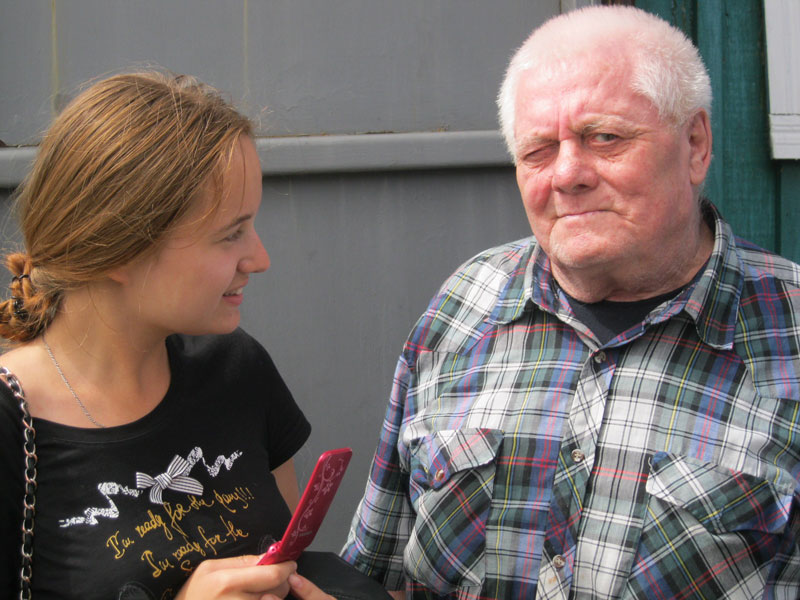
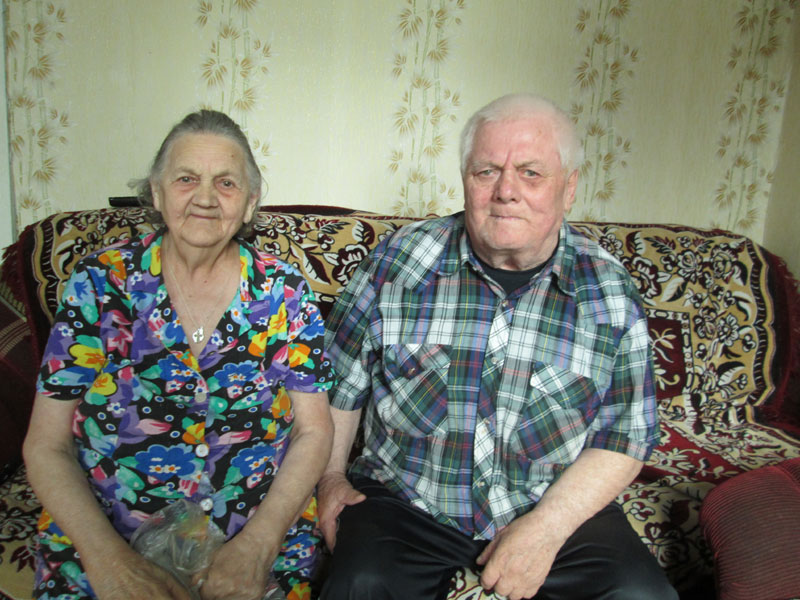
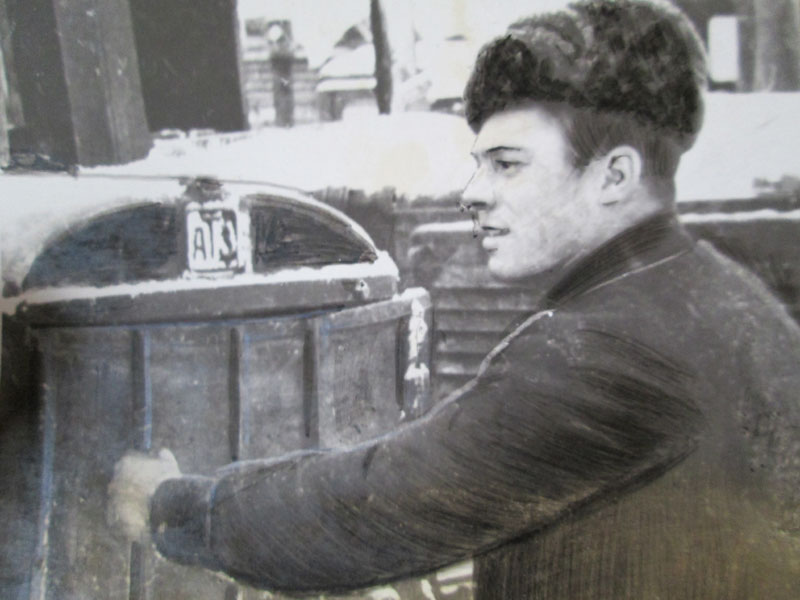
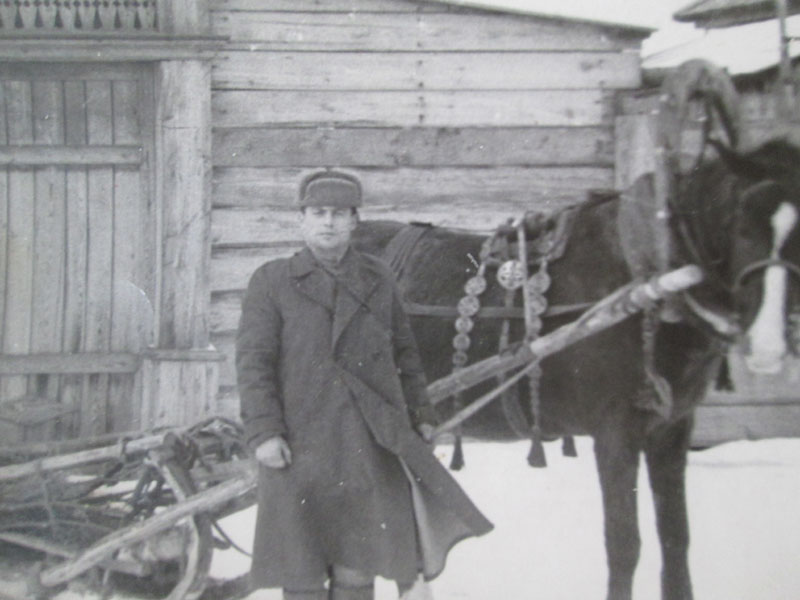
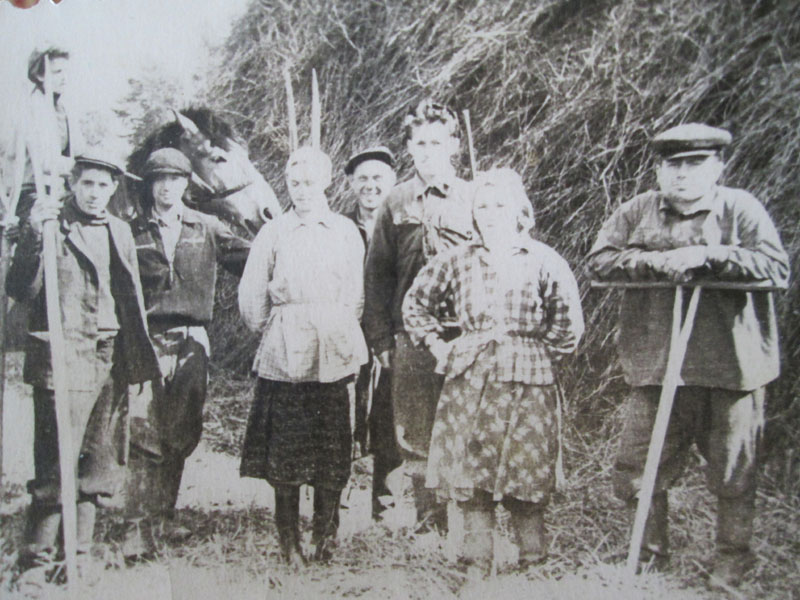
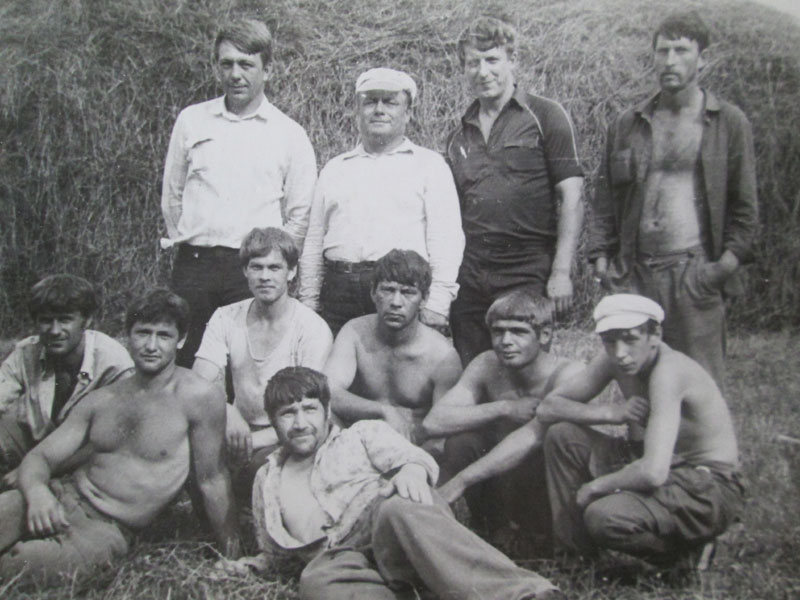
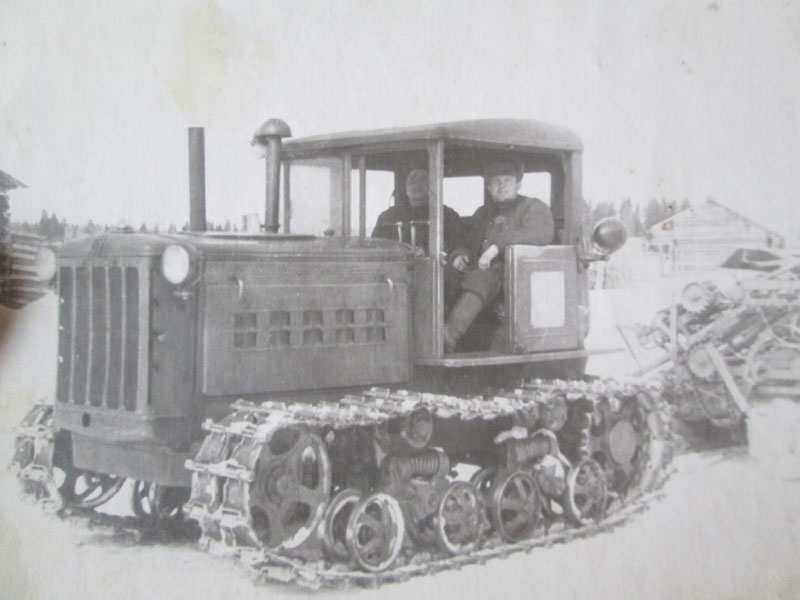
(AB – Annotations by Aleksei Babiy, Krasnoyarsk „Memorial“-Org